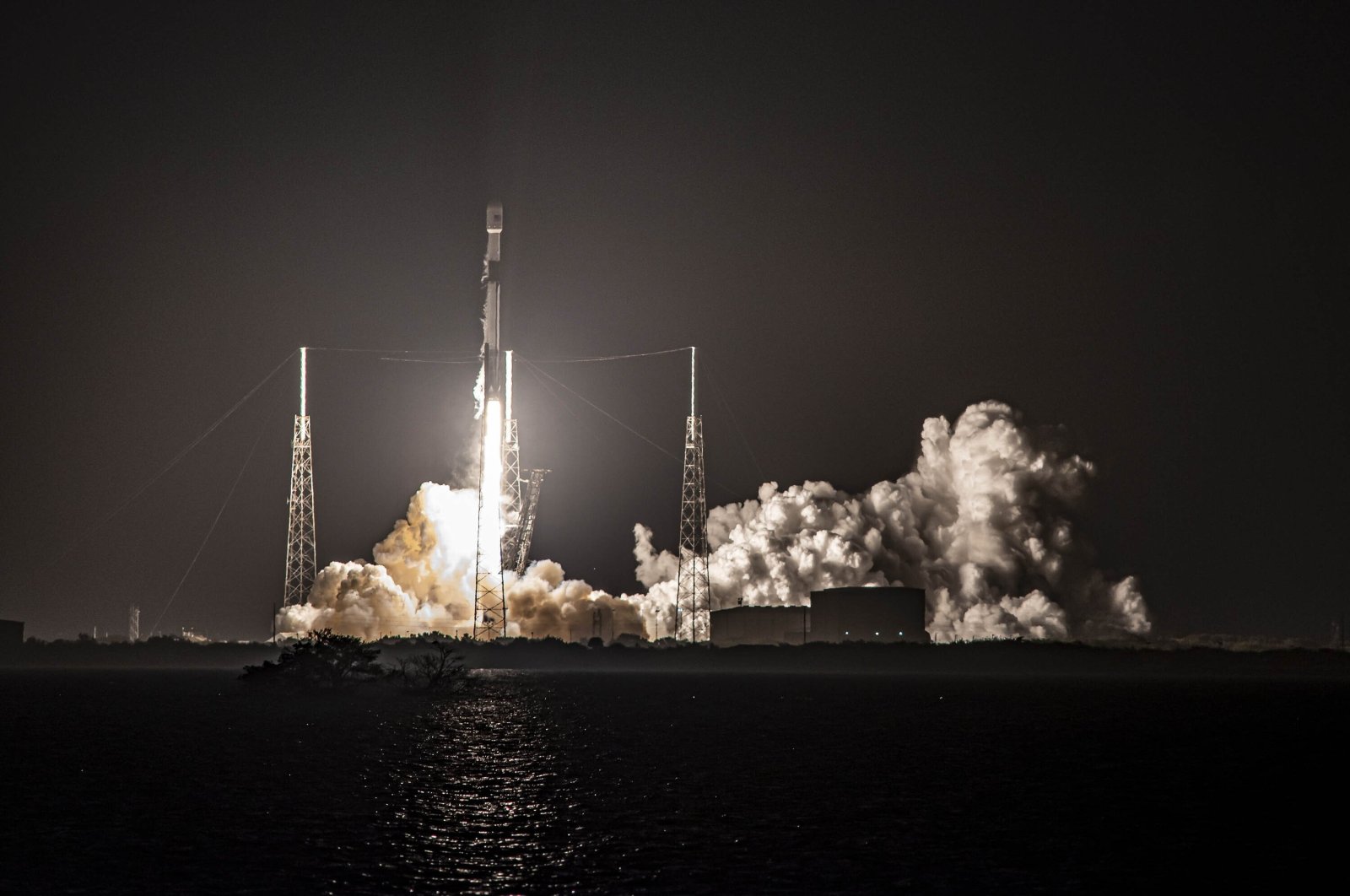
Türkiye is seeking to find a national solution to the problem of space debris, the satellite programs director of Turkish communications satellite operator Türksat said Saturday.
Fatih Ayhan told Anadolu Agency (AA) that space debris could harm the activities in orbit, and the national technologies to be developed will prevent this, providing export potential by creating international competition in the process.
Ayhan noted many forms of space debris, ranging from upper bodies of launch craft, satellites that no longer operate or at the end-of-life cycle, and other objects resulting from collisions, including warheads from anti-satellite tests, fragments of exploded craft, and more.
He mentioned that space debris in the near-earth orbit has reached a serious level, saying: "The increasing frequency of debris resulting from space activities will inevitably cause all spacecraft in orbit to be damaged, according to the Kessler Syndrome theory, rendering the orbit unusable for a while, and although the possibility of this theory to come true is controversial, serious accidents and loss of satellites or craft are inevitable if no measures are taken.”
‘Finding solutions is more of a necessity than an option’
Ayhan said there are various efforts currently underway for this issue, such as tracking objects in orbit, determining trajectories of said objects to prevent more collisions, as well as efforts to collect space debris, all of which require cooperation between countries to find solutions.
"Finding solutions to the debris issue is more of a necessity than an option, therefore, we expect more radical steps to be taken moving forward,” he said.
Ayhan noted that Türkiye needs to expand its radar and telescope systems to monitor objects in orbit and potential collision risks, as these systems will help Türkiye achieve an active presence in space and space debris scene, saying:
"Cooperation with other countries and international space agencies to combat the clutter of space debris, as well as increasing the existing cooperation, is of great importance for our country, and since space debris is a common issue of the world, sharing data on it and actively participating in the lawmaking of the UN and other international organizations will be important for adaptation.”
Türkiye’s participation in global fight against space debris to create jobs, boost progress
Ayhan underlined the importance of contributing to global efforts to reduce space debris, as Türkiye’s participation would provide it with advantages in scientific, security, environmental, and economy fields.
"The national technologies to be developed to help alleviate space debris will create employment in the space industry and provide export potential, and investments to be made will result in advancements in many fields, such as engineering, robotics, artificial intelligence, and more, besides reducing foreign dependency,” he said.
"Being a player in this field will strengthen diplomatic relations with countries,” he added.
